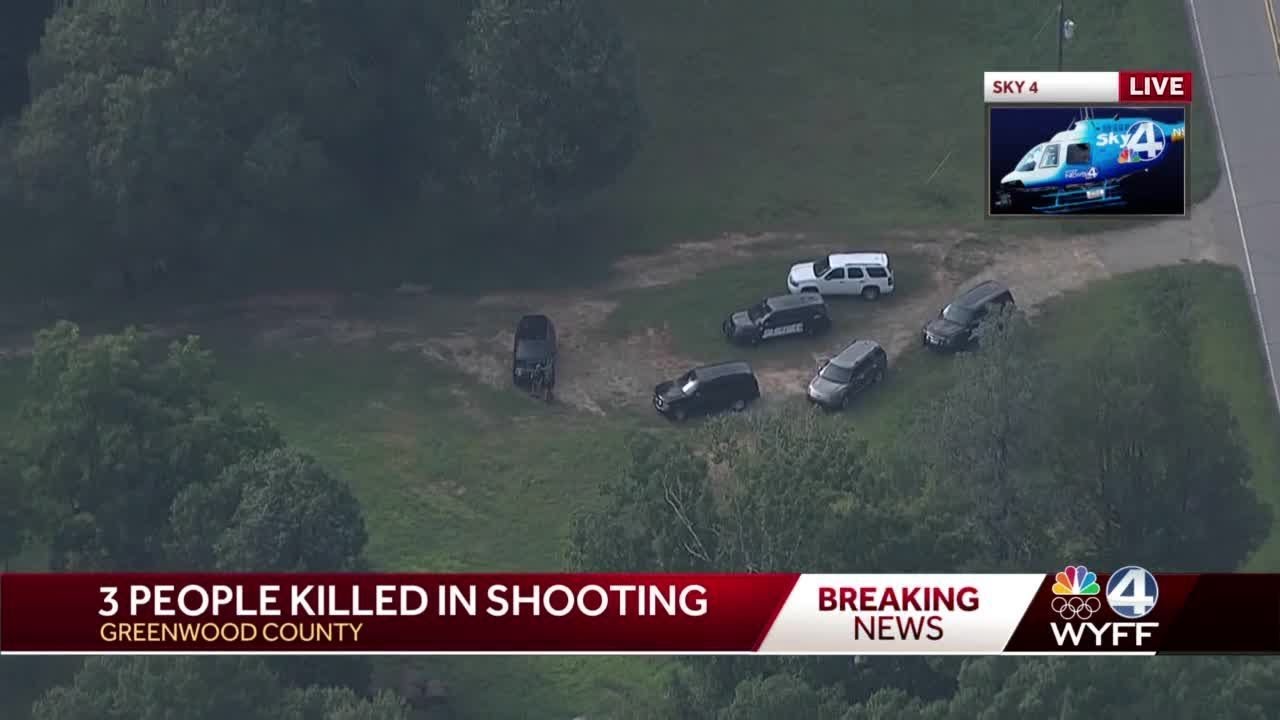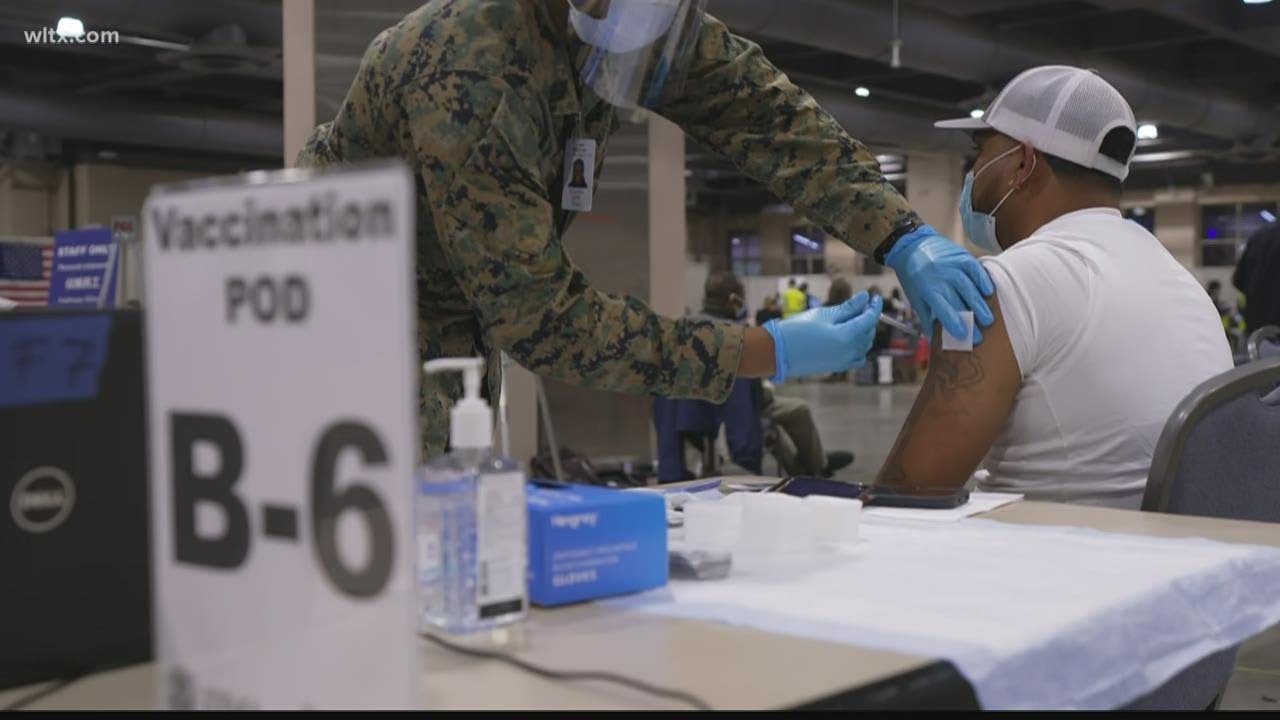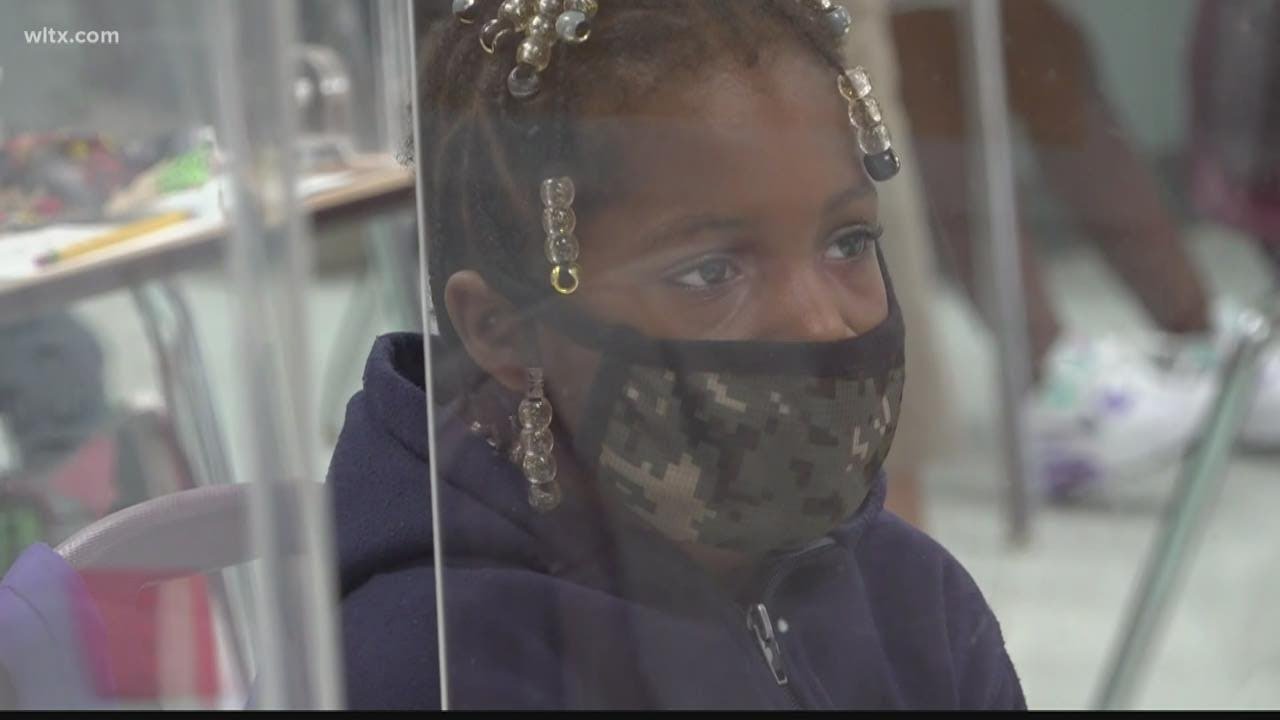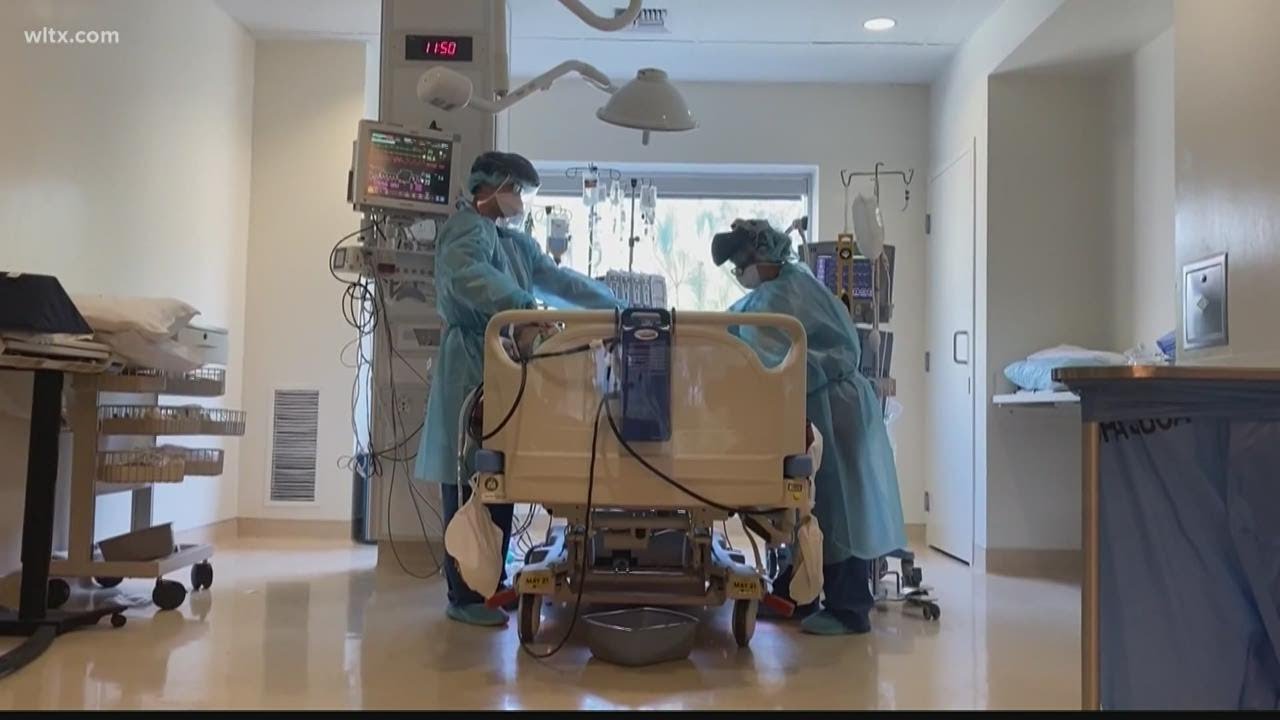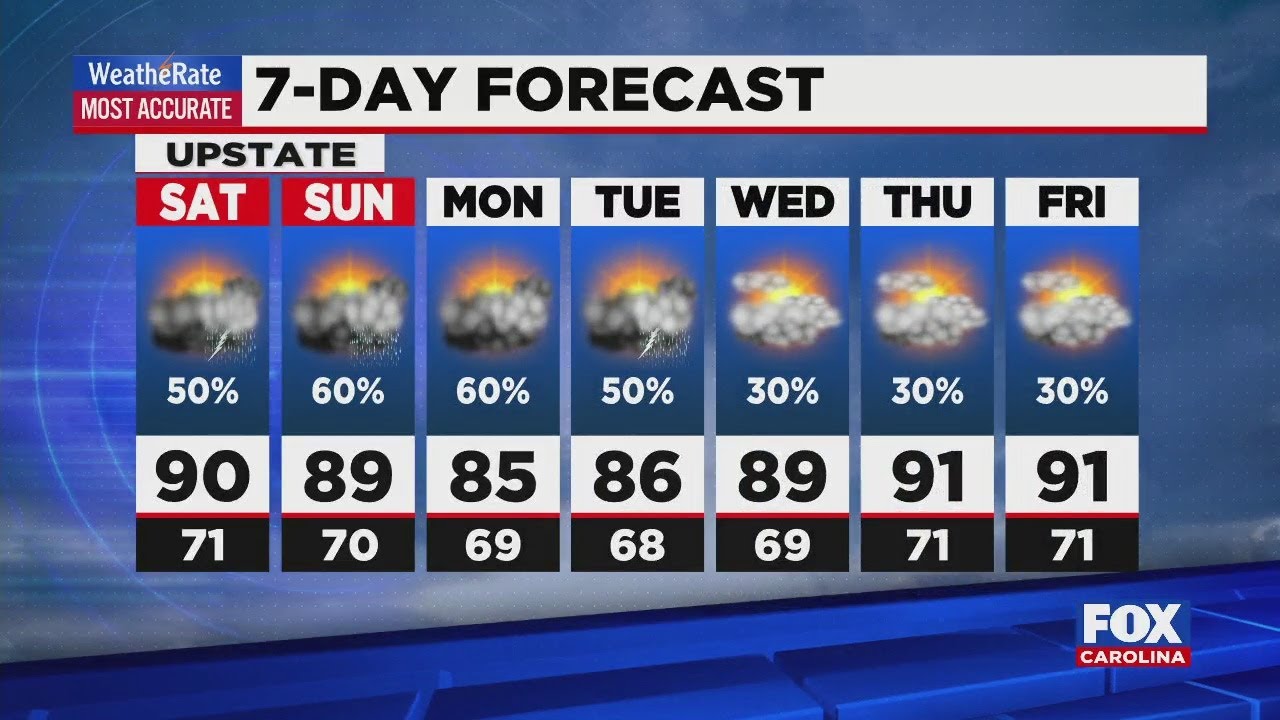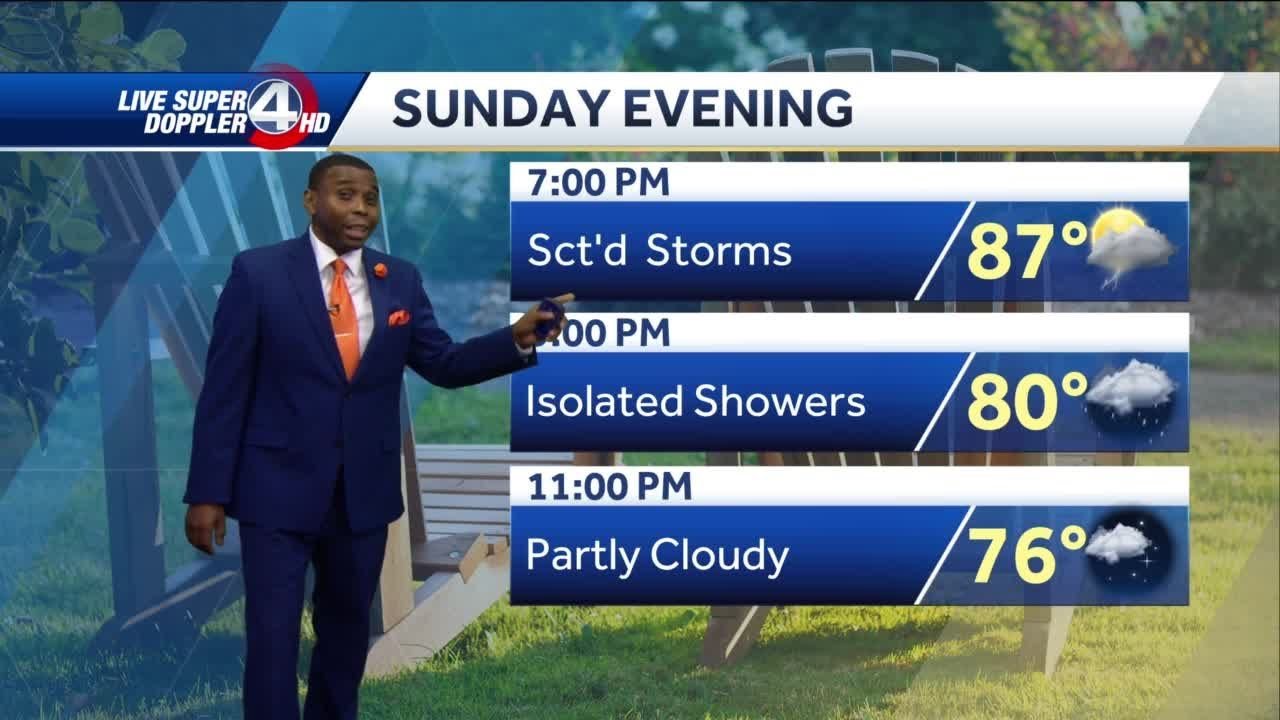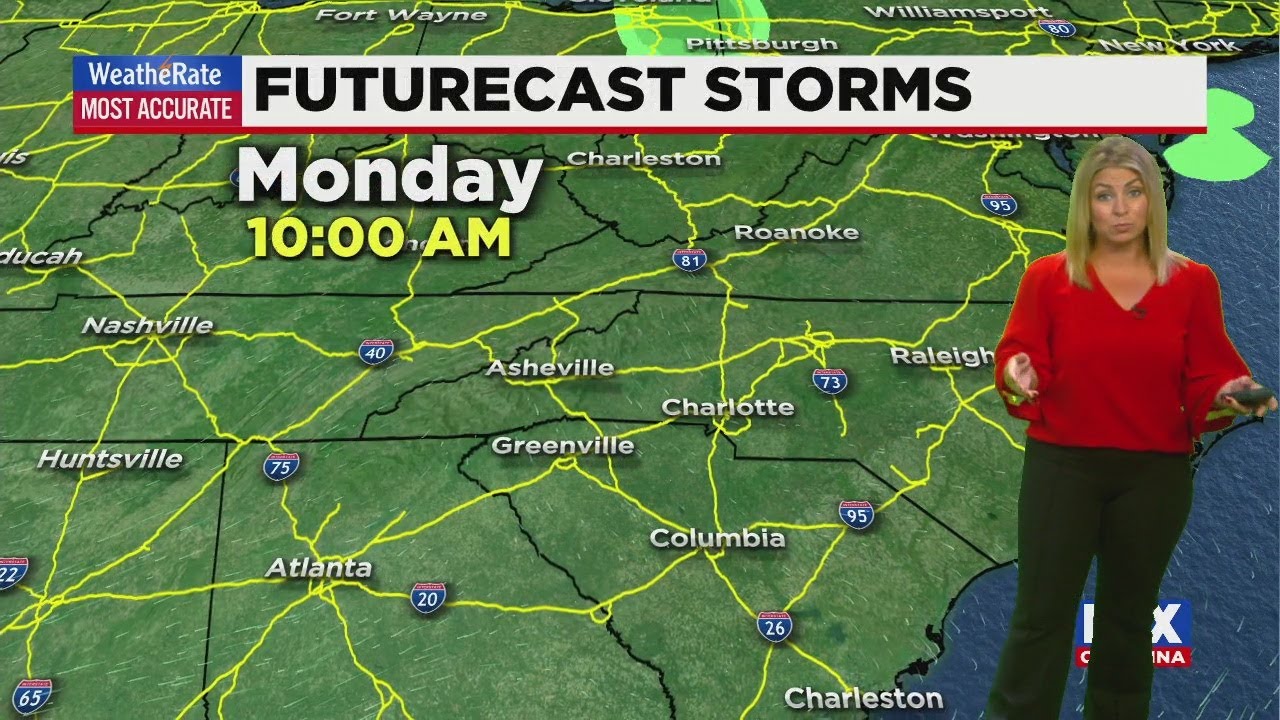Experts say poverty rates and prevalence of chronic disease make residents vulnerable as mayor braces for ‘several-week fight’
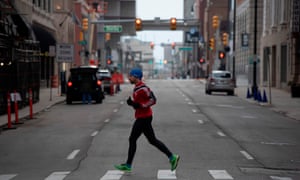
Downtown Detroit last week.
Photograph: Seth Herald/AFP via Getty Images
Medical experts in Detroit said they are steeling themselves for a surge in coronavirus cases as they prepare to become America’s next major hotspot for the illness.
They said the city’s poverty rates and prevalence of chronic disease make residents especially vulnerable to the virus and could lead to worse outcomes than in New York, currently considered the centre of the pandemic in the US.
Dr Anthony Fauci, the leading US government infectious disease expert, said on Monday that he was “worried” about the Michigan city – warning that it was “starting to show signs that they’re going to take off”.
Dr Teena Chopra, professor of infectious diseases at Wayne State University, who is working with coronavirus patients at Detroit medical center (DMC), said: “The high rates of social disadvantage and higher comorbidities make the city of Detroit more vulnerable to Covid-19. So these are the reasons why Detroit is, as far as predictions is concerned, showing the steeper curve and steeper than even New York.”
About a third of people in Detroit live in poverty.
On Monday, Detroit reported 1,804 confirmed coronavirus cases and a death toll of 50 – including state representative Isaac Robinson, 44, who died from the virus on Sunday.
Deaths in Michigan rose by 52 on Monday alone – bringing the total number of people killed by the virus in the state to 184 and its total number of cases to 6,498.
Chopra said: “Both the growth rate and the total cumulative numbers in Detroit are high, and all of these underlying risk factors that our population has, including obesity, diabetes, hypertension, CHF [congestive heart failure]. We are also more vulnerable because of the high incidence of poverty, lack of water supply – and the fact that we have low literacy rates.”
Chopra said initiatives such as a plan to build a field hospital at TCF Center, a convention centre in downtown Detroit, would help ease pressure on the health system.
But she warned that neither the city nor the nation is sufficiently prepared. “[We] need three times more resources to be able to handle the surge, even more surges, that we are going to see in the next few weeks.”
Michigan’s governor, Gretchen Whitmer, who recently faced public criticism from Donald Trump, who referred to her as “the woman in Michigan”, said on Monday that Trump had approved her request for major disaster declaration. She said she hoped Trump will soon consider her request for assistance programmes for provisions such as meals for families, rental assistance and temporary housing.
Whitmer said she has asked for permission to call the national guard for “humanitarian purposes” and the US army corps of engineers to help build temporary hospitals.
Calling on medical professionals to volunteer, residents to give blood or donate to food banks, she said: “We will get through this together.”
But she warned coronavirus cases will “continue to go up”. She said: “Despite our aggressive efforts, this is to be expected. We will not see the benefit of these aggressive efforts for a little while and that’s why it’s so important everyone continues to do your part.”
Over the weekend, the state received a shipment of 112,095 masks from the strategic national stockpile and they have a further 8,000 on the way.
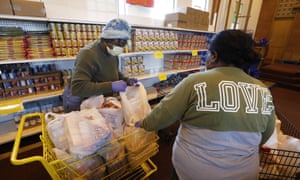
Since the first cases were confirmed in Michigan on 10 March, the state has declared a state of emergency, shut schools, banned gatherings of over 50 and closed gyms, restaurants and cinemas. Last week, Whitmer issued a stay-at-home order suspending all activities not necessary to sustain or protect life which will remain in place until 13 April.
Whitmer said Michigan has committed $150m to combat the virus, adding that it had already spent over $80m on securing equipment including over 20m masks, 2,000 ventilators and 210,000 testing kits.
However, Dr Bobby Mukkamala, president-elect of Michigan State Medical Society and on the board of trustees of the American Medical Association, said he believed it would not be long before they too were “frantically looking for supplies”.
Mukkamala said: “We fully realise that it’s not a question of if we get to that point. It’s just a matter of when, based on looking at the curves and where New York was on their first five days of increasing in numbers and our tracking along the exact same pattern.”
Mukkamala said the biggest challenges were shortage of space, equipment and medical staffing.
“We are on the cusp in Detroit within days of needing to use makeshift spaces to put people in.
“I don’t think there’s any doubt that we will get there, that we will end up mobilising in a way that’s historic in nature. It’s just a matter of on what day that’s going to happen.”
Detroit’s mayor, Mike Duggan, said on Monday that for the past two weeks they had been “catching up and chasing strategies”, but claimed that they were starting to make progress.
Duggan announced that in the next week the city would become one of the first cities in America to deploy instant testing kits, declaring it a “game-changer for the country”. Emergency services, health workers and bus drivers will be the first to get the tests. Currently, he said, 400 to 1,000 healthcare workers in the south-east of the state alone are in quarantine.
But, he warned, he was not expecting a quick end to the crisis. “This is going to be a several-week fight.”
In response to Fauci’s comments about Detroit, he said: “There’s no question that we have more density and we’re more at risk.”
The former Detroit health department director Abdul El-Sayed said the problems are so ingrained that the city is still “playing from behind”.
He added: “They’re trying to battle a pandemic in a city where tens of thousands of people have their water shut off every year. And they’re trying to battle a pandemic in a city that had a 36% foreclosure rate on homes that were owned not too long ago.
“And so preparedness is behind and it’s behind because you’re battling not just Covid, but you’re also battling the history of poverty and loss of access to basic resources that people in the city have suffered for a long time.”


